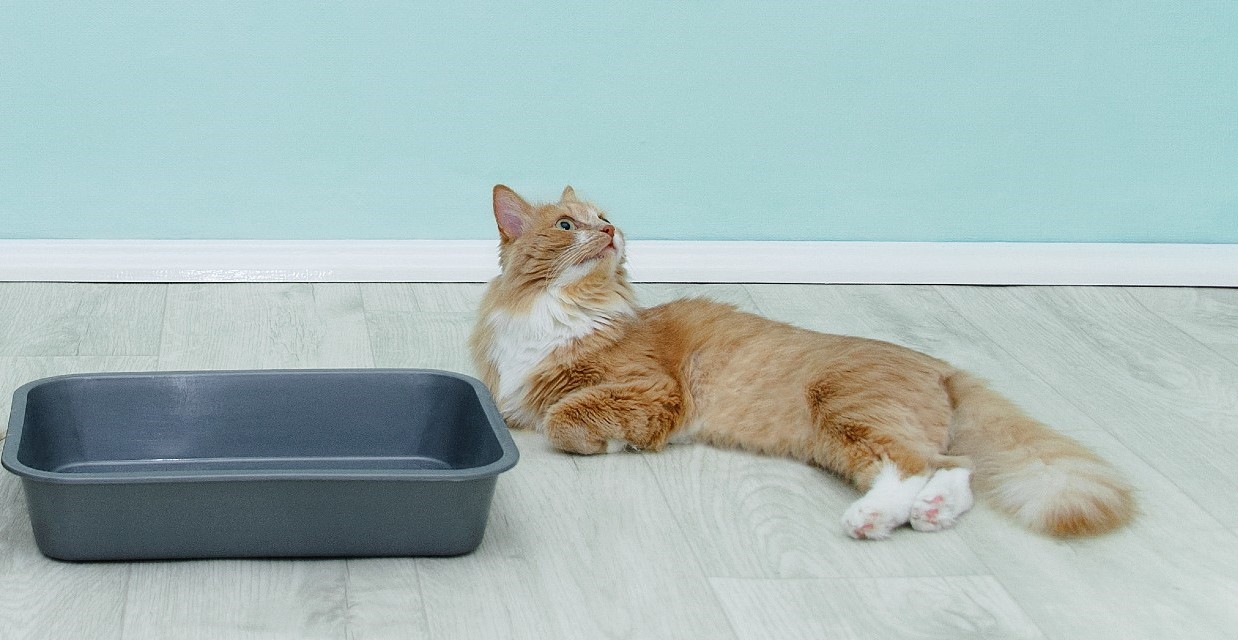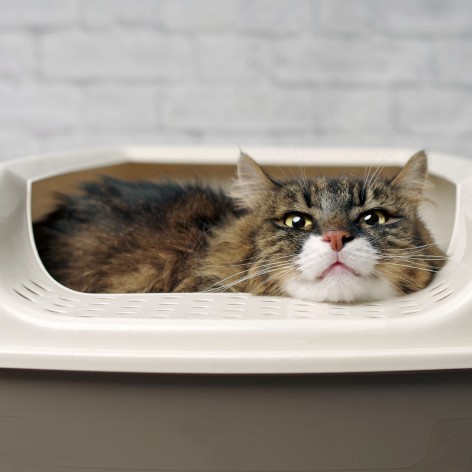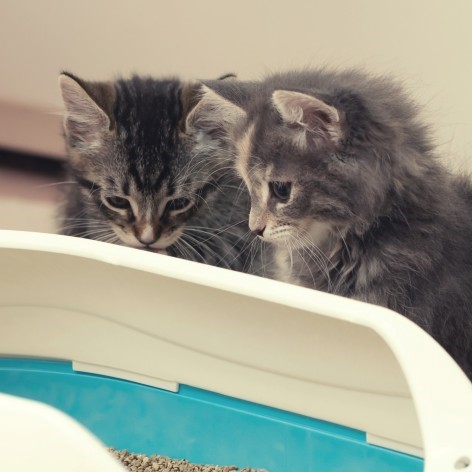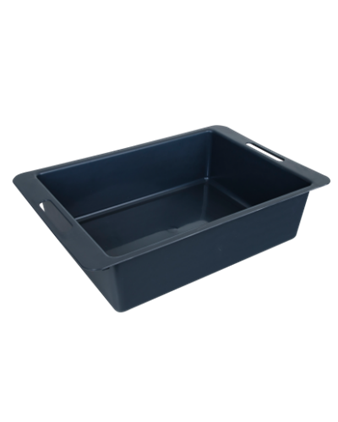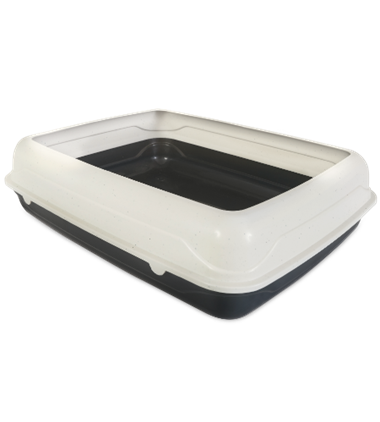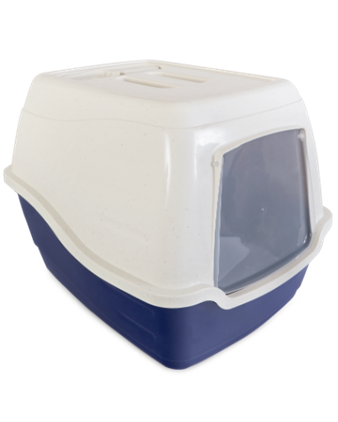With constant innovations in cat litters it’s likely you’ll be looking at new options that may better suit your cat, your family and your home. You might also be interested in a new type of litter because
- Your cat isn’t a fan of their current litter,
- You’re not happy with their current litter,
- Environmental concerns
Transitioning your cat to a new cat litter can be a bit of a process to do it properly, since cats are creatures of habit and don't always take well to big changes.
But if you know the best ways to transition your feline pal into a new litter, it doesn't have to be too much of an ordeal. It will just require some patience and understanding. In this blog post, we'll walk through exactly how to switch over your kitty's cat litter so that they accept the change with only minimal fuss.
Here's our tips to successfully transition your Cat to a new litter
1. Avoid Big Changes
Cats are very much creatures of habit and don’t take changes to their habits easily. If you’re thinking of changing their litter then we recommend avoiding any major changes to your cat's daily routine, so keep the location and type of litter tray the same as before so they can welcome the new litter with open paws (not claws).
During times of upheaval in the home, such as renovations or extended family visits, your kitty's litter box should remain a source of comfort and familiarity! Make sure to only switch up their routine during calm periods when Kitty is feeling relaxed.
2. Don’t Rush It
If you want to switch your cat's litter without sending them into a tizzy, the trick is all about gradualness. Work with the feline psychology and mix up some new litter with their current litter.
- Day 1-2: Start the transition with at 25 new / 75 old ratio
- Day 3-4: Change to a 50/50 ratio
- Day 5-6: Change to a 75 new / 25 old ratio
By day 7 you can have 100% of the new litter in the tray.
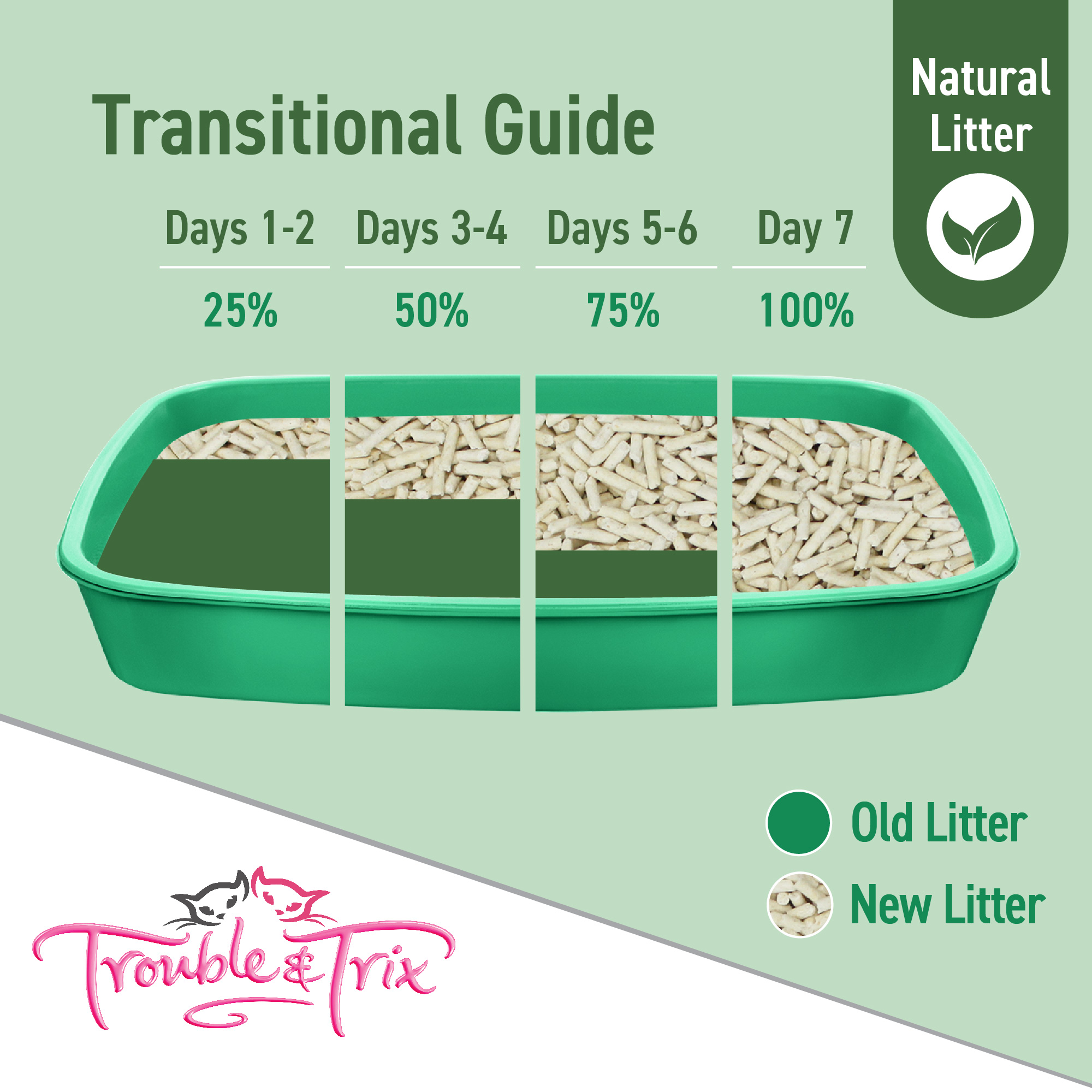
And as tempting as it may be to just throw in that one fresh box of kitty gold.. resist! Make sure there's always plenty of the "old-school" on top so they don't get too suspicious.
3. Helping with Familiarity
Times like this may call for desperate measures! A smooth transition may be helped by introducing your furry friend's old "scent-iments" into their litter tray along with the new litter. Adding some of their past poo to the mix can help create connections and show them where they should go when it’s time to do business like usual again.
4. The Power of Positive Reinforcement
Reinforcing positive behaviour with tasty treats is a great way to encourage kitty to use their new litter. Give your four-legged friend some extra love and affection each time they've had success, those delicious treats will certainly make them purr! Remember - never reprimand them if something doesn't go as planned; that's just not cool and your kitty may associate that with the litter box. This can create litter box aversion and is the last thing you want to happen.


